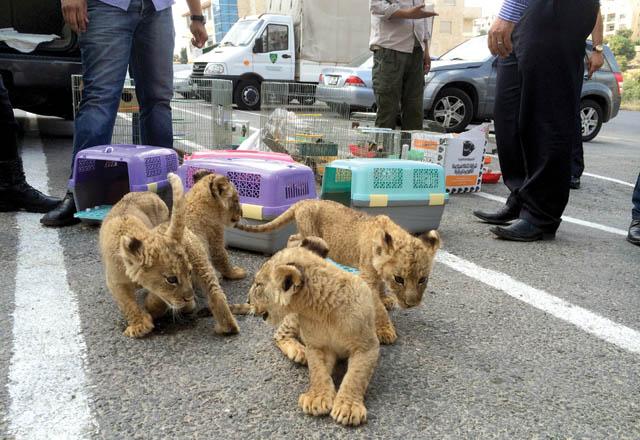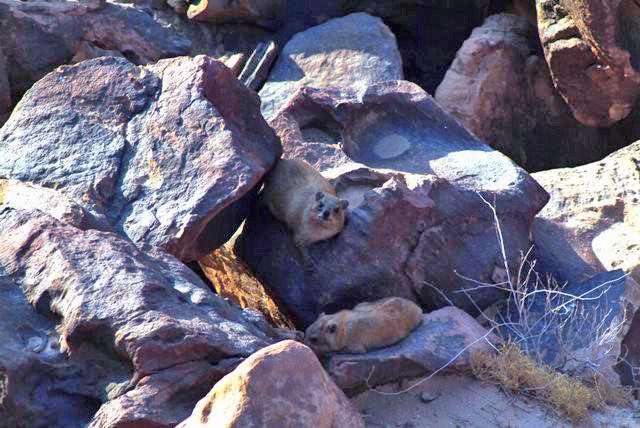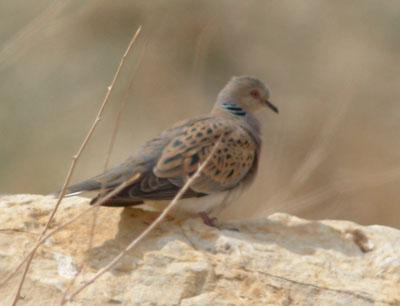You are here
Inspectors seize smuggled exotic animals from Amman pet shop
By Hana Namrouqa - Jul 23,2014 - Last updated at Jul 23,2014

AMMAN — Wildlife inspectors seized and confiscated four lion cubs and scores of other endangered species from a pet shop in Amman, the Royal Society for the Conservation of Nature (RSCN) said Wednesday.
A total of 217 exotic animals and birds, some of which are endangered and banned from trade, were confiscated from the pet store after wildlife inspectors from the RSCN and Rangers monitored the activities of the store owner for three weeks.
The four lion cubs, which are two months old, were smuggled into the country for trade purposes, the owner of the pet store confessed to inspectors, revealing that they were destined for a neighbouring country, according to the RSCN.
The animals and birds, which were seized and confiscated earlier this week, include 40 wild tortoises, 25 wild squirrels, 120 imported pythons, 23 goldfinches, 4 bulbuls and one hedgehog.
The RSCN handed the animals and birds over to a local animal welfare foundation, which rehabilitates smuggled animals and sends them back to their homelands in coordination with animal welfare societies worldwide.
Abdul Razzaq Hmoud, acting director of RSCN’s conservation and hunting regulation section, said the illicit trade of wildlife species largely contributes to their extinction.
“Any illegal sale or purchase of wildlife animals, such as lion cubs among others, is internationally monitored,” Hmoud said.
The conservationist highlighted that trading in wildlife species also poses danger to humans, with the possibility of several diseases being transmitted to humans.
“We urge the public to request health certificates of any animal they buy to make sure that it is free from diseases. In addition, legal import certificates must also be obtained before bringing animals or birds into the country,” Hmoud said.
The 2002 Agriculture Law prohibits trade in wild animals unless a permit is issued allowing the export or import of the animal through the Kingdom, according to the RSCN.
Jordan is considered a transit point for traders of endangered species between Syria, Saudi Arabia and the Gulf countries, according to RSCN officials, who note that there is no market for such animals and plants, or for their products, in Jordan.
The Kingdom is signatory to the Convention on International Trade in Endangered Species of Wild Fauna and Flora (CITES), which aims at ensuring that international trade in specimens of wild animals and plants does not threaten their survival, according to its website.
Around 5,000 species of animals and 28,000 types of plants are protected by CITES against over-exploitation through international trade.
Related Articles
AMMAN — Authorities recorded 500 cases involving poaching and the illegal possession and trade of wild animals from January to early Decembe
The Royal Society for the Conservation of Nature (RSCN) has seized and confiscated weapons of unlicensed hunters who were hunting the rock hyrax, a mammal whose population is dwindling in Jordan, a conservationist said on Sunday.
The hunting season for three kinds of doves starts in mid-June, the Royal Society for the Conservation of Nature (RSCN) announced on Wednesday.
















